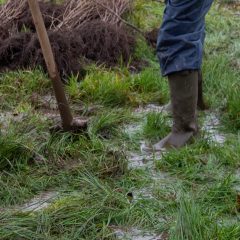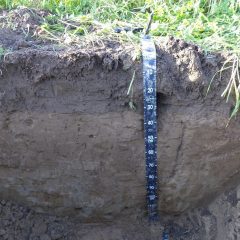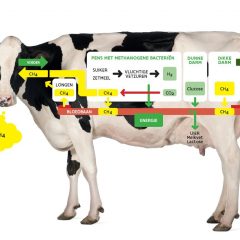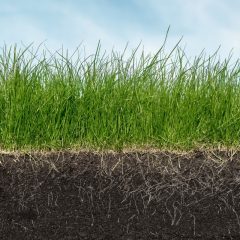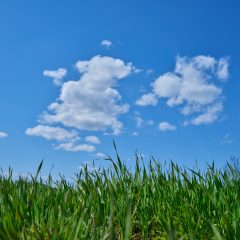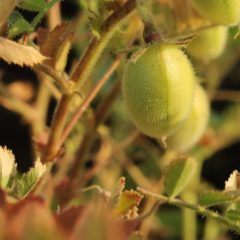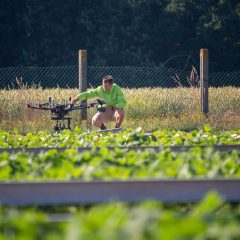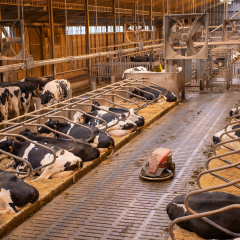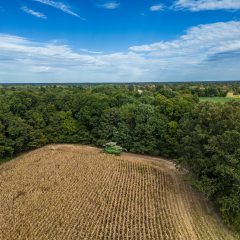Research project Climate adaptive practices to reduce nutrient losses: a survey
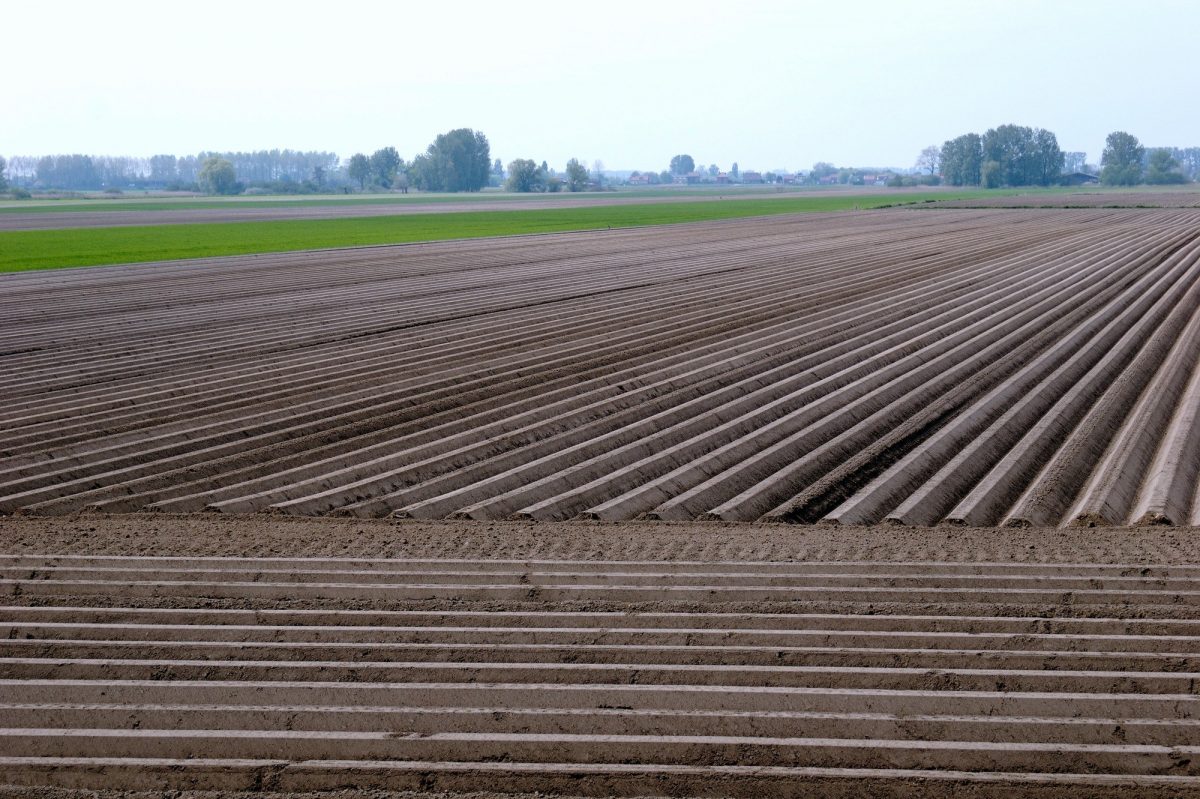
General introduction
KLIMAP is a desktop study that seeks answers for policy and for the agricultural community on how best to respond to changing or more extreme weather conditions. These changes in the weather (as a result of climate change) make it a greater challenge not to suffer unnecessary losses when fertilizing plants. Such losses are also harmful to the environment (in the form of emissions or leaching, for example).
Research approach
The project includes a literature study consisting of three sections. In part 1 the efficiency of the existing legal provisions concerning manure production and manure use is investigated. To what extent do they take into account the expected climate change? Part 2 considers the fractionated fertilization of potatoes and maize. In part 3, several innovative practices and techniques are examined in terms of their advantage in a future agricultural exploitation in Flanders. For better nutrient control, new pathways are conceivable that can keep pace with more extreme and changing climate conditions.
Relevance/Valorization
With the many successive versions of fertilizer legislation (MAP), farmers and policy makers in Flanders have gained experience in better controlling nutrient losses during and after fertilization. However, we note that climate change brings more frequent, longer periods of drought, as well as more unpredictable heavy rainfall. One prevents the plants from using the manure (which evaporates and or remains relatively inert on the soil due to lack of water). The other makes erosion, compaction, cross-contamination and eutrophication more likely. The question is at what intermediate time points that fertilization can be applied with the lowest possible harmful impact on the environment and climate.
Financing
Vlaamse Landmaatschappij

